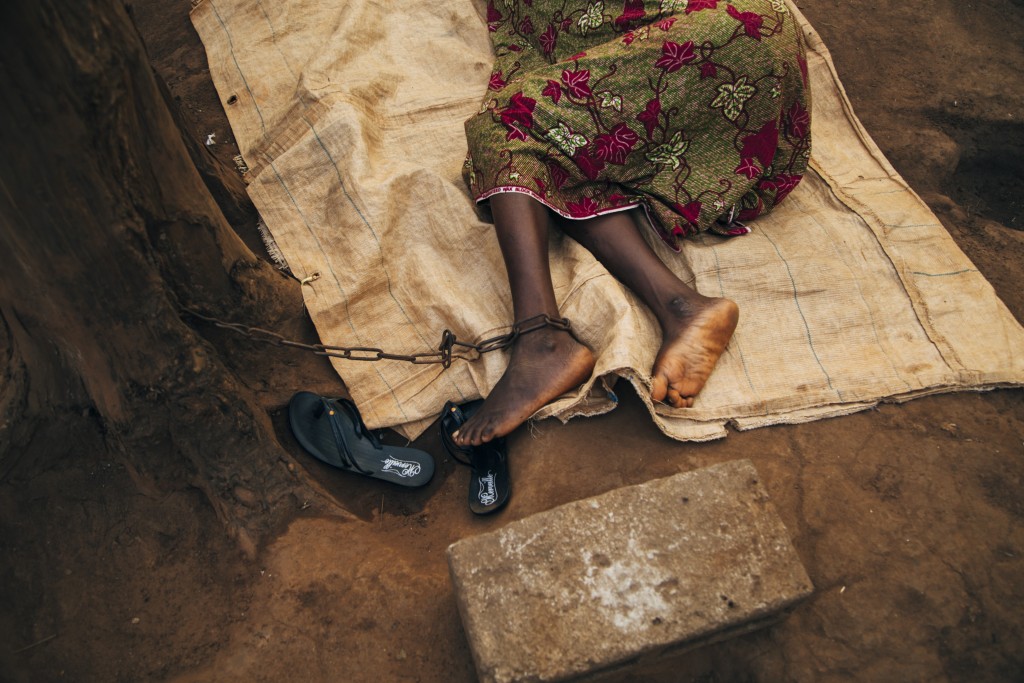I’ve been saddened by reports of students committing suicide in Ghana. At least in one of the cases, stress and academic pressures were cited. As a country, many have shied away from discussing mental health issues even at home due to the stigma.
The World Health Organisation (WHO) estimates that about 650,000 Ghanaians are suffering from a severe mental disorder and a further 2,166,000 from a moderate to mild mental disorder. And yet mental health services are not accessible.
I’m not talking just about the Psychiatric hospitals – which in any case are only available in cities – I mean support services in schools, communities etc. where people who feel low can go and talk to professionals for support.
As traditional support systems give way to modern living where individualism and nuclear families take precedence, the state needs to begin to look at structures that can fill the necessary support gap.
Government needs to fund primary health care and community services. These should be accessible to all regardless of income. Schools, institutions and organisations should have facilities available for people to access confidentially.
As a country, we also need to widen discussions and educate people that it’s alright to talk about mental health issues.
What about online services? A lot of young people are building portals to meet digital needs in the country and I think this is another area for techy people to explore. Can we build secure online portals where people can talk about mental health issues confidentially?
What about a suicide hotline which has professionals on stand-by? Perhaps we can start small by targeting academic institutions where there is the never-ending pressure for everyone to make the grade.
Four suicides in 3 weeks should be a wakeup call. Journalists, please put this on your agenda. Discuss, seek answers and cause the government to act.
Author: Adisa Amanor-Wilks (Adisa is Director, Abjel Communications)



